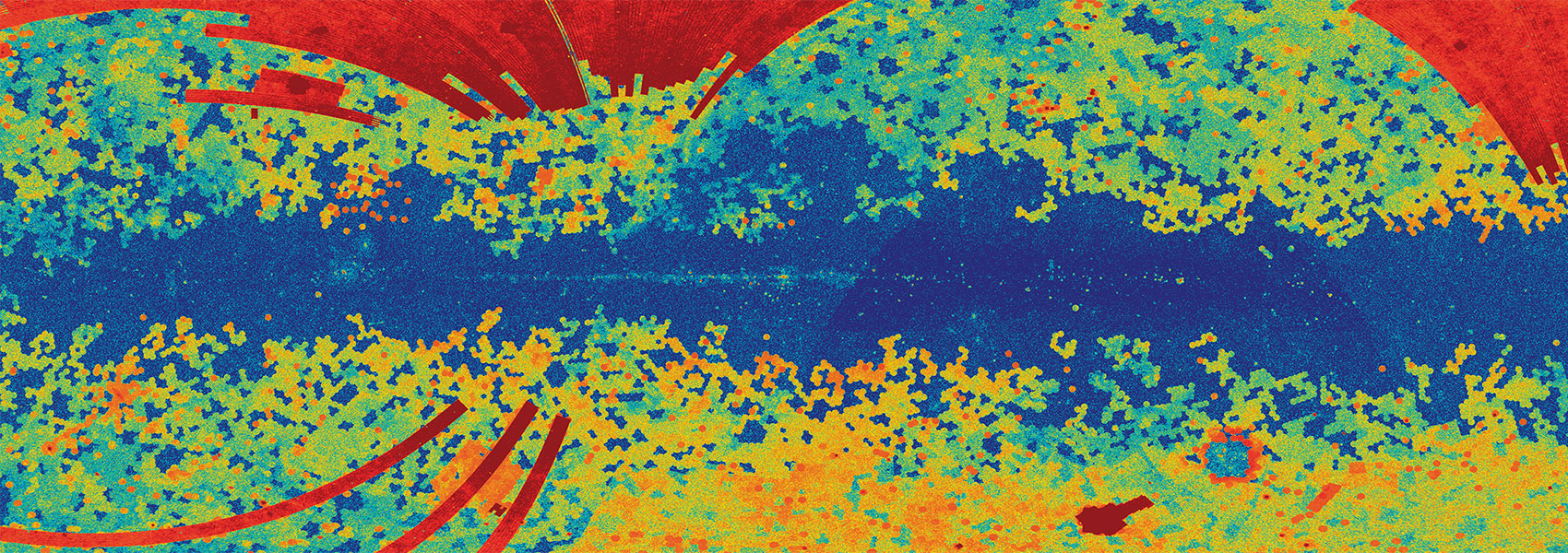Understanding Galaxy Evolution with Big Data and Databases // Our understanding of galaxy evolution has improved substantially over the last couple of years due to advancement of technology and dedicated surveys. After giving an overview of past achievements in understanding galaxy evolution across 13 billion years using multi-wavelength datasets, I introduce ALPINE, our 70h ALMA program, providing the first comprehensive study of the interstellar properties of galaxies living in the very early Universe. The findings from ALPINE in combination with population statistics, which we will obtain with future facilities such as WFIRST and Euclid, will result in a coherent picture of galaxies formation and evolution. As we are approaching the regime of Big Data, databases, such as NED, will become a vital part of this endeavor; in particular by hosting data, and by making data easily accessible to scientists and the public, which ultimately makes them to a stand-alone tool to do science. I finish my talk by demonstrating how NED can be used in connection with machine learning techniques to achieve these goals in the future."



